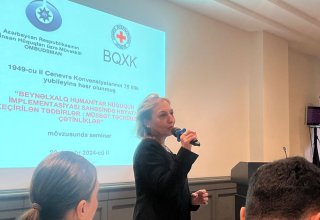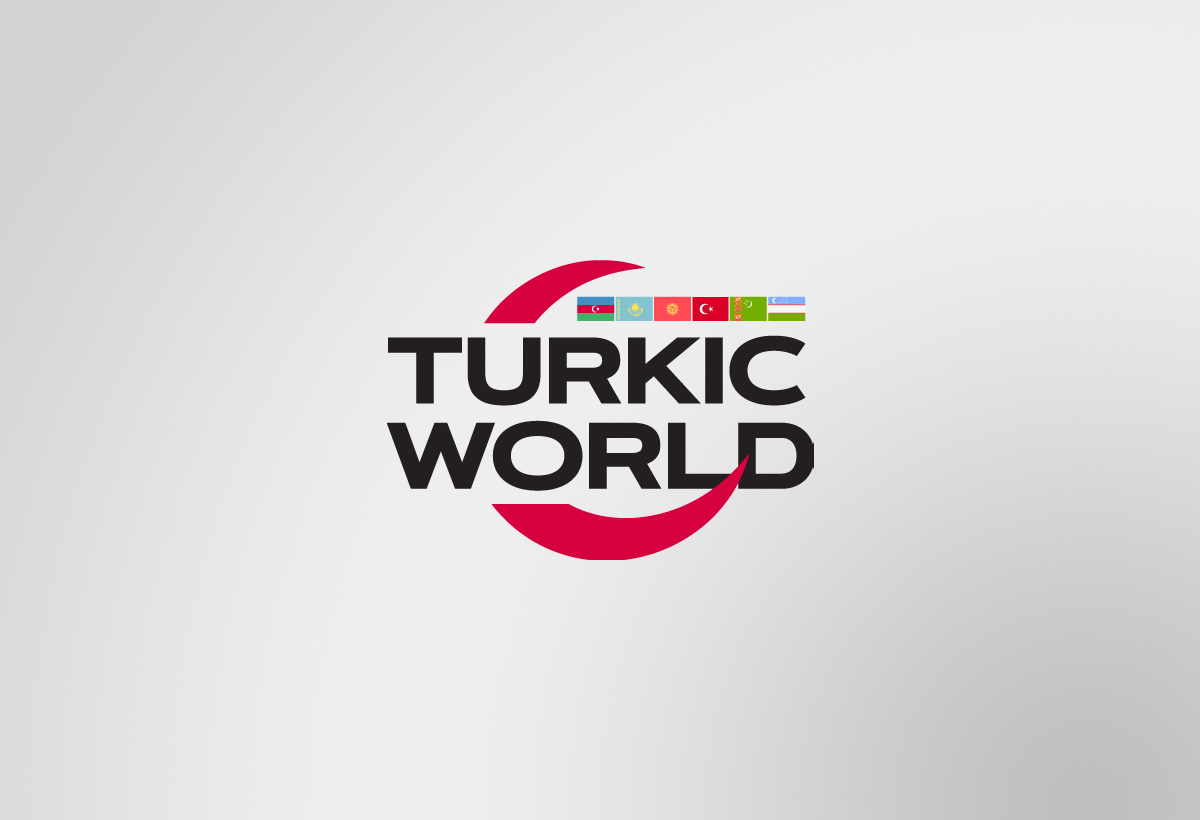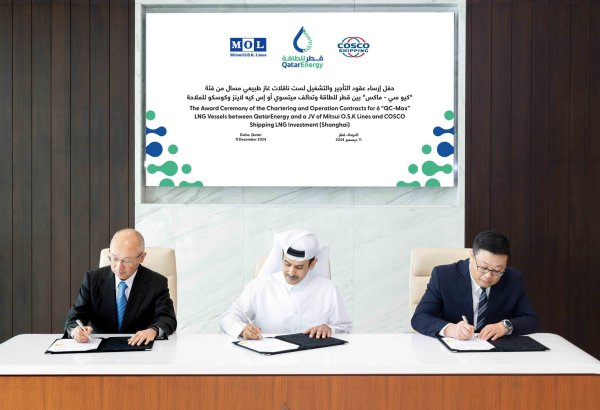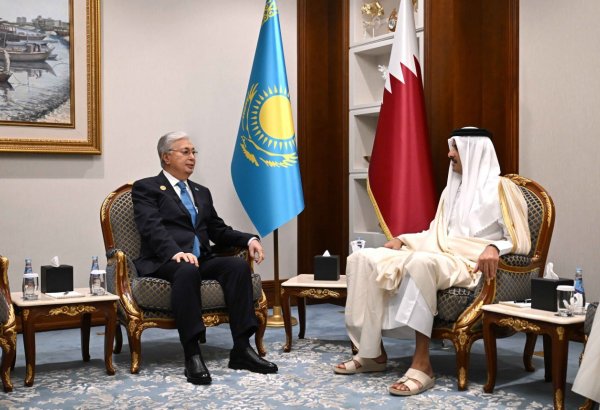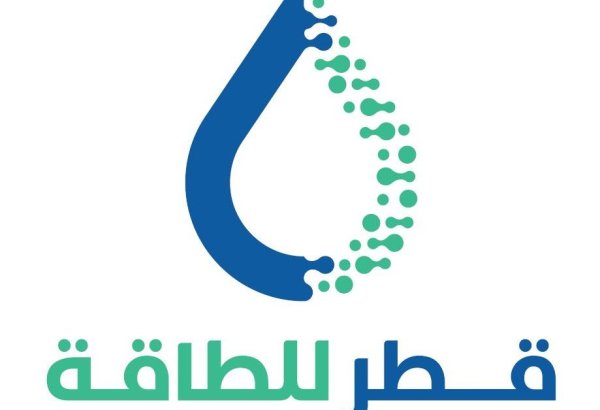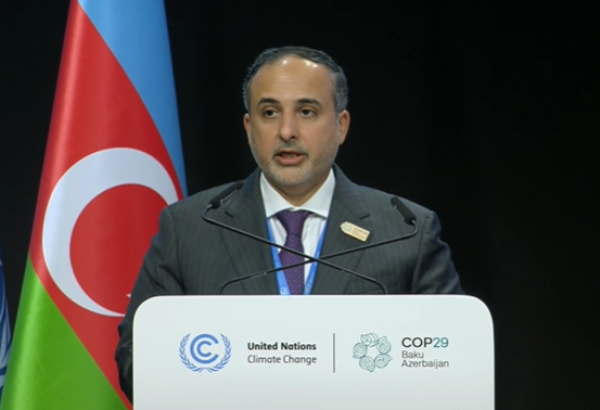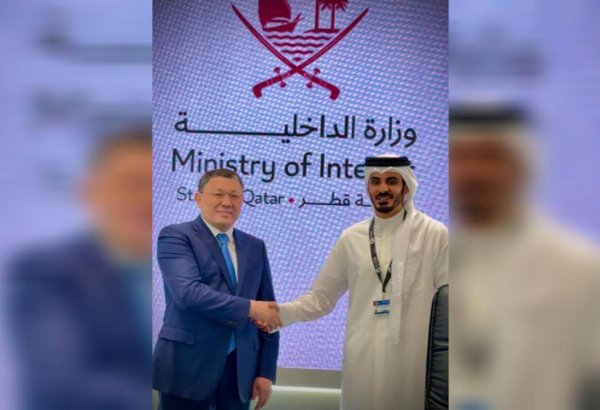BAKU, Azerbaijan, December 9. Saad Sherida Al-Kaabi, Minister of Energy Affairs of Qatar and President and CEO of QatarEnergy, voiced strong concerns over the European Union's Corporate Sustainability Due Diligence Directive (CS3D) during the Doha Forum 2024, TurkicWorld reports.
While expressing support for the EU's commitment to sustainability and human rights, he described the directive as impractical and counterproductive.
"This directive affects any company dealing in Europe with over 450 million euros in revenue generated there. Companies like QatarEnergy, Shell, or even car manufacturers will need to commit to Net Zero, something that is unfeasible for us given our expansions," said Al-Kaabi.
He further criticized the requirement for companies to monitor all subsidiaries and suppliers for compliance, calling it an "administrative nightmare" that would necessitate significant manpower and lead to exorbitant penalties. "Are you telling us you don’t want our LNG into the EU? Because I am not going to supply LNG while facing penalties on our global revenue," he warned.
Al-Kaabi also highlighted the potential impact on global investments, cautioning that such regulations could deter sovereign funds, like Qatar Investment Authority, from investing in the EU. "This will ultimately harm European companies and customers, who will bear the increased costs," he added.
On energy transition, Al-Kaabi emphasized natural gas's critical role in addressing intermittency issues of renewable energy sources. He also underscored the need for equitable energy access, citing that over a billion people still lack basic electricity.
Highlighting Qatar’s contributions, the minister noted its leadership in fertilizer exports and LNG production, with ongoing projects expected to double its LNG capacity to 142 million tons annually. He also affirmed the strength of US-Qatari energy relations, stressing their resilience across administrations.
"QatarEnergy is committed to sustainability, but the EU’s approach risks undermining global energy cooperation and harming their own interests," Al-Kaabi concluded.















